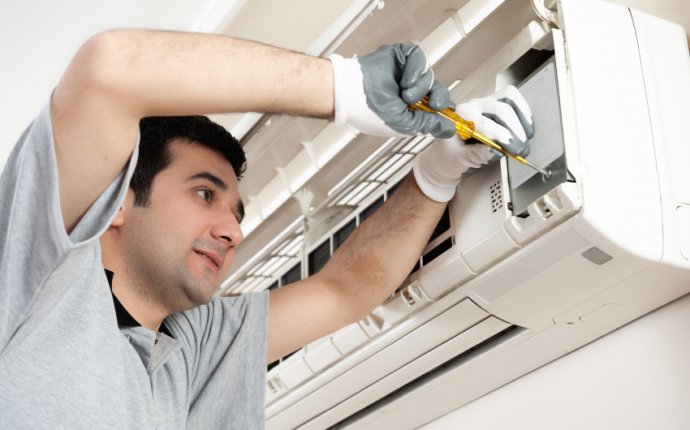
Air Conditioning Repair Services
Our licensed HVAC Dallas Air Conditioning technicians are experts in air conditioning, heating & cooling technology and the latest innovations in green technology, including the installation of Energy Star certified products and the use of Ozone friendly refrigerants. Residential customers depend on Berkeys for timely, quality, and affordable air conditioning repair, maintenance, and installation solutions in Dallas. Read our Air Conditioning Reviews.
Residential Air Conditioner & AC Service Dallas Includes:
- All services performed by State registered, highly trained technicians
- Air Conditioner Parts and labor guaranteed for up to 10 years
- All major brands of air conditioning equipment serviced
- Home energy audits
- Installation of energy efficient air conditioner equipment
- Air quality testing and installation of air cleaning technology
- Air duct screening and replacement
- Help with cash incentives provided by utility companies, manufacturers, and government agencies
- Preventive Maintenance and AC Service
Did You Know?
Heating and cooling costs the average homeowner about $1, 000 a year – nearly half the home’s total energy bill. If your central air conditioning unit is more than 12 years old, replacing it with an Energy Star qualified model could cut your cooling costs by 30%. – Source: www.energystar.gov
Tips for Hiring the Right Company for Servicing and Installing Air Conditioning Equipment
- Find out if the company meets the licensing and insurance requirements outlined by your State.
- Take an inventory of your current system (know the model and maintenance history). Understanding this information will help you better explain an issue to a technician.
- Ask the company for customer references and inquire about the company’s installation and service performance record. You can also check the Better Business Bureau for information on the company.
- Look for available rebates on energy efficient equipment that meets the strict energy efficiency guidelines set by the U.S. Environmental Protection Agency.
- For installations of new air conditioning equipment, the technician should size the cooling system based on the size of your house, level of insulation, and windows. They may also inspect the home’s duct system (if applicable) for air leaks and measure airflow to make sure it meets manufacturer’s specifications.
- Ask for written, itemized estimates, but remember that the lowest price may not be the best deal. If a system is not efficient, your energy costs will be higher.
- Ask for a written proposal of work. It will protect you by specifying project costs, model numbers, job scheduling, and warranty information.
Berkeys knows how unbearable the Dallas, Plano, Fort Worth and Arlington Texas summers can be. Assuring your home’s air conditioning system is functioning properly is our job! We’ll always have the solution to your air conditioning problem, and we’ll rescue you when your system stops working. Call us or schedule your service online today and we think you will see why we are considered to be one of the Best A/C Companies in the Dallas & Fort Worth area!
Choosing or Upgrading Your Central Air Conditioner
Central air conditioners are more efficient than room air conditioners. In addition, they are out of the way, quiet, and convenient to operate. To save energy and money, you should try to buy an energy-efficient air conditioner and reduce your central air conditioner’s energy use. In an average air-conditioned home, air conditioning consumes more than 2, 000 kilowatt-hours of electricity per year, causing power plants to emit about 3, 500 pounds of carbon dioxide and 31 pounds of sulfur dioxide.
If you are considering adding central air conditioning to your home, the deciding factor may be the need for ductwork.
If you have an older central air conditioner, you might choose to replace the outdoor compressor with a modern, high-efficiency unit. If you do so, consult a local heating and cooling contractor to assure that the new compressor is properly matched to the indoor unit. However, considering recent changes in refrigerants and air conditioning designs, it might be wiser to replace the entire system.
Today’s best air conditioners use 30% to 50% less energy to produce the same amount of cooling as air conditioners made in the mid 1970s. Even if your air conditioner is only 10 years old, you may save 20% to 40% of your cooling energy costs by replacing it with a newer, more efficient model.
Proper sizing and installation are key elements in determining air conditioner efficiency. Too large a unit will not adequately remove humidity. Too small a unit will not be able to attain a comfortable temperature on the hottest days. Improper unit location, lack of insulation, and improper duct installation can greatly diminish efficiency.
When buying an air conditioner, look for a model with a high efficiency. Central air conditioners are rated according to their seasonal energy efficiency ratio (SEER). SEER indicates the relative amount of energy needed to provide a specific cooling output. Many older systems have SEER ratings of 6 or less.
If your air conditioner is old, consider buying an energy-efficient model. Look for the ENERGY STAR® and EnergyGuide labels — qualified central units are about 15% more efficient than standard models. New residential central air conditioner standards went into effect on January 1, 2015; see the efficiency standards for central air conditioners for details, and consider purchasing a system with a higher SEER than the minimum for greater savings.
The standards do not require you to change your existing central air conditioning units, and replacement parts and services should still be available for your home’s systems. The “lifespan” of a central air conditioner is about 15 to 20 years. Manufacturers typically continue to support existing equipment by making replacement parts available and honoring maintenance contracts after the new standard goes into effect.











